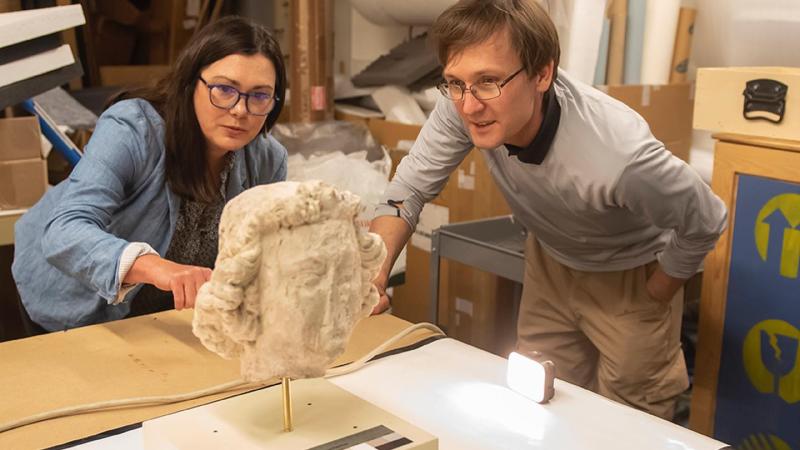Funding Opportunity for
Organizations
Collaborative Research
Maximum award amount
Depending on funding category, up to $250,000.
Expected Output
Book; Themed Issue of Peer-Reviewed Journal
Period of performance
Up to three years (Depending on funding category)
